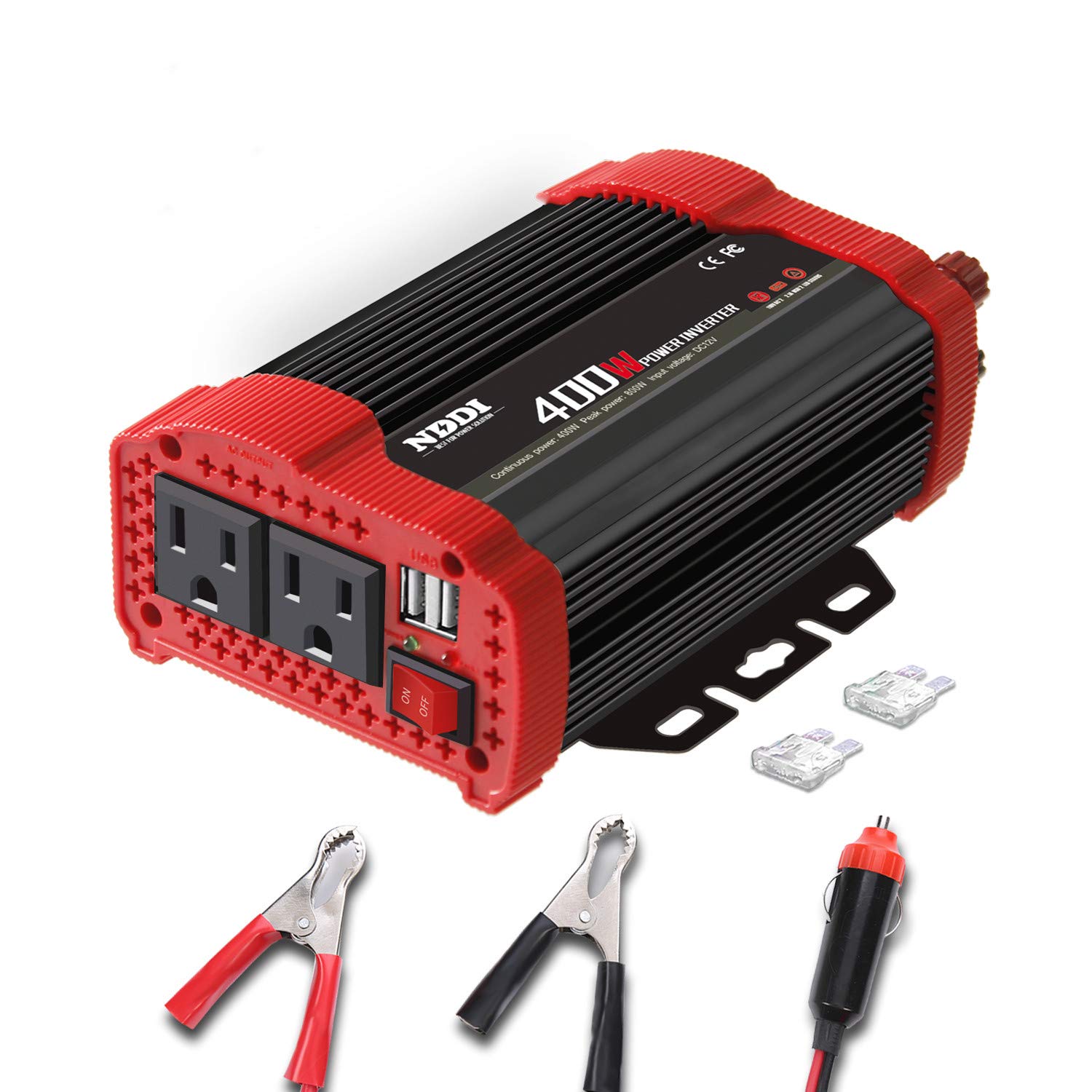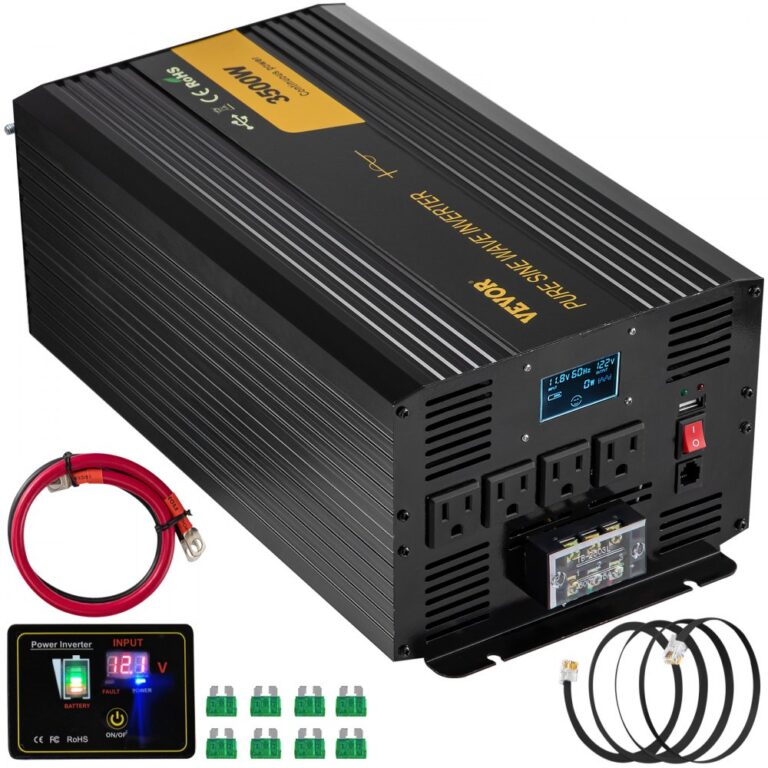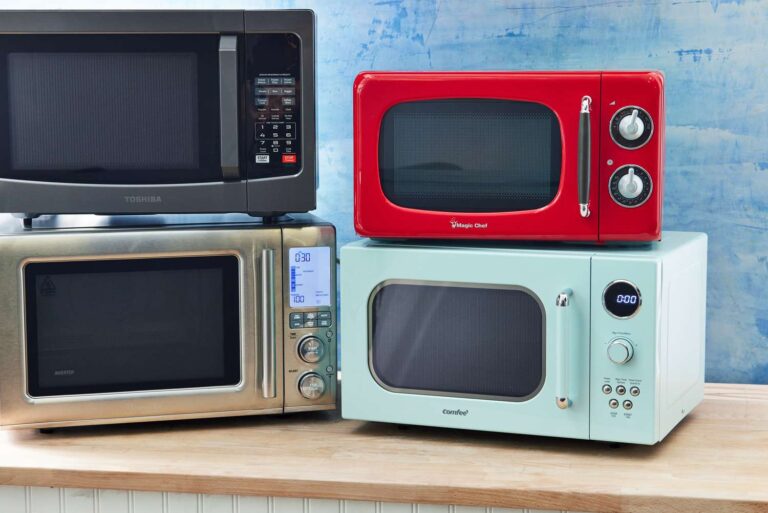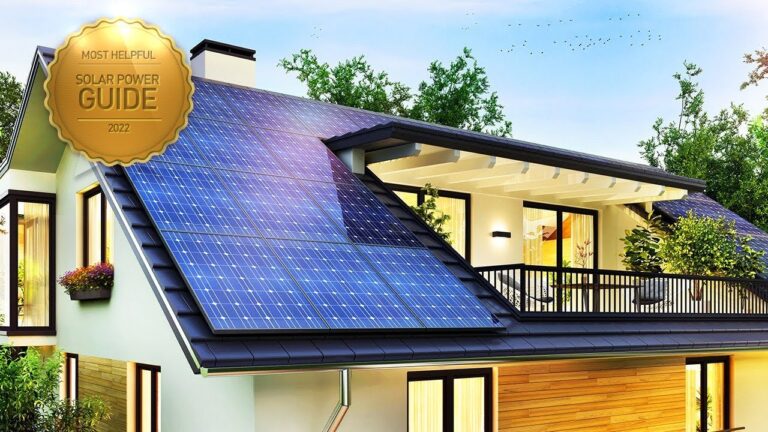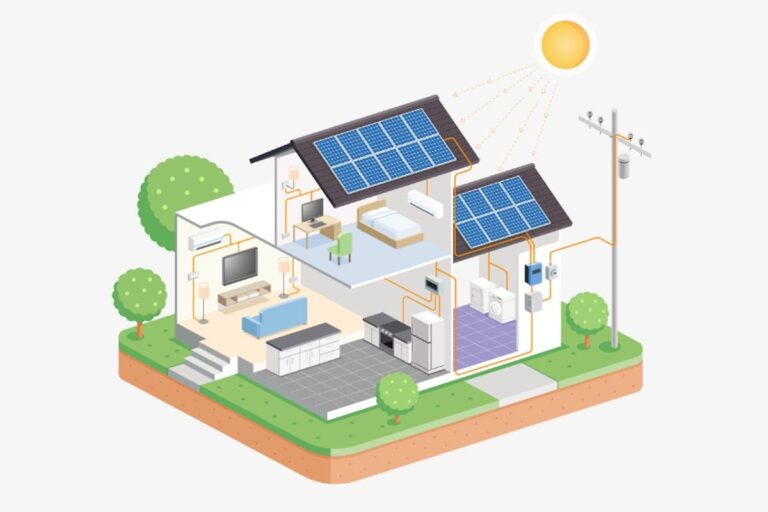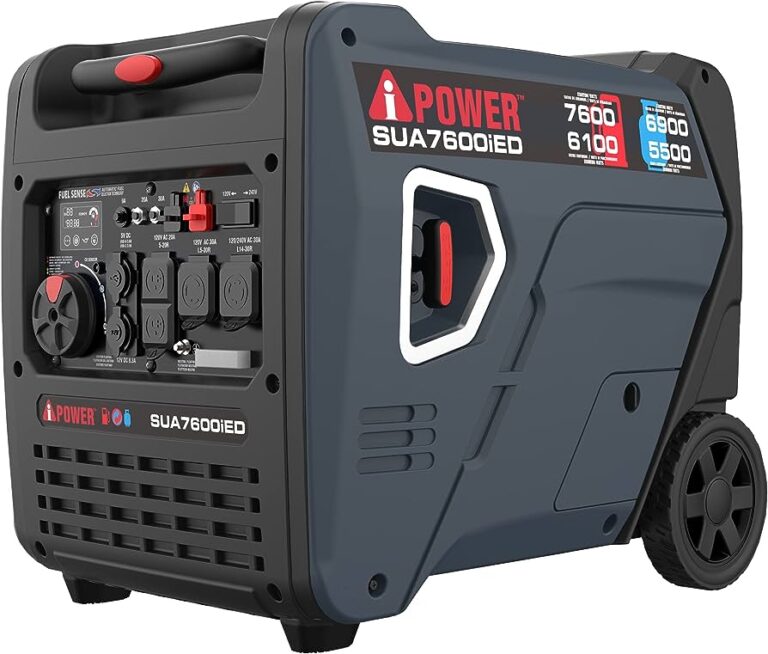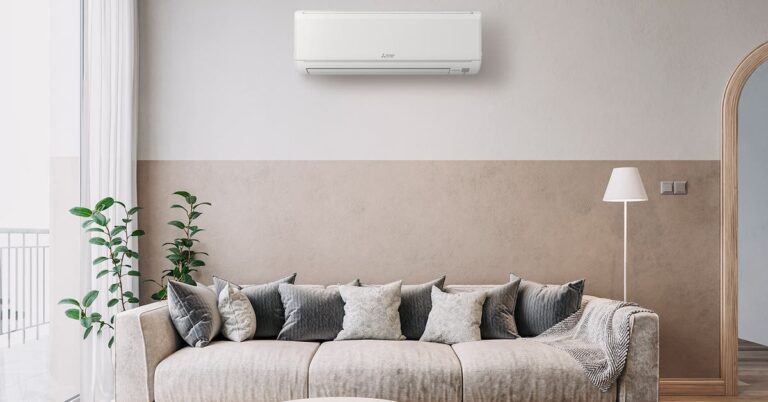Do I Need an Inverter Or Converter? Find the Right Power Solution!
You need a converter charger for your RV, but if you want to use battery power for your appliances, you’ll also need an inverter. A converter charger is essential and typically included in an RV, while an inverter allows you to convert battery power into AC power.
In an RV, it’s important to understand the difference between an inverter and a converter. While a converter is a power-electronic device that transforms electric power from one form to another, an inverter is a type of power electronic converter that converts DC power into AC power.
So, if you have sensitive technology or appliances that require AC power, an inverter is necessary. On the other hand, a converter charger is needed to charge batteries and maintain their power supply.
Understanding The Difference
An inverter is an electrical device that converts the voltage from direct current (DC) to alternating current (AC). It is used in many applications, such as converting DC electricity from solar panels or batteries to AC, micro-inverters for the electric grid, and providing AC power during power outages.
On the other hand, a converter is an electrical device that converts the voltage from alternating current (AC) to direct current (DC). It is commonly used to supply polarized voltage for welding, detect amplitude modulated radio signals, and convert AC to DC.
However, it’s important to note that inverters are not ideal for inductive AC and motor loads, and poor waveforms caused by low batteries can damage sensitive electronic devices. In summary, while a converter is typically a necessity for an RV, an inverter is needed if you want to use battery power to run your appliances.
Power Distribution In An Rv
Power distribution in an RV involves understanding the power distribution panel and its breakers. This panel controls the flow of electricity throughout the RV, ensuring that each appliance receives the right amount of power. In addition, a water heater plays a crucial role in RVs, providing hot water for various purposes such as cooking and showering.
Without a water heater, RV living would be significantly less comfortable and convenient. So, when considering whether you need an inverter or converter for your RV, remember to take into account the importance of power distribution and the role of a water heater in providing a comfortable living experience.
Uses Of Converters And Inverters
Converters and inverters have various applications. Converters are electrical devices that convert alternating current (AC) to direct current (DC). They are used to convert AC to DC, detect amplitude modulated radio signals, and supply polarized voltage for welding. On the other hand, inverters are electrical devices that convert DC electricity from sources like solar panels, batteries, or fuel cells to AC.
They can also be used in micro-inverters to convert DC power from solar panels to AC for the electric grid. Inverters are commonly used in UPS systems to supply AC power when the main power is unavailable. Additionally, they are used in induction heating.
It’s important to note that inverters are not ideal for inductive AC and motor loads, and poor waveforms from low batteries can damage sensitive electronic devices. Therefore, the choice between an inverter and a converter depends on specific needs and applications.
Choosing The Right Power Solution For Your Rv
When deciding between an inverter and a converter for your RV, it’s important to evaluate your power needs and appliance compatibility. A converter charger is typically a necessity in an RV and is usually included as standard equipment. However, if you want to use battery power to run your appliances, you will also need an inverter.
The main difference between an inverter and a converter is that a converter converts alternating current (AC) to direct current (DC), while an inverter converts direct current (DC) to alternating current (AC). Converters are used to convert AC to DC, detect amplitude modulated radio signals, and supply polarized voltage for welding.
Inverters, on the other hand, are used for a variety of applications such as converting DC electricity from solar panels or batteries to AC, providing AC power when the main power is unavailable, and induction heating. It’s important to consider these factors when deciding which power solution is right for your RV.
Recommended Inverter And Converter Products
Do you need an inverter or converter for your RV? In most cases, a converter charger is necessary and typically included with an RV. However, if you want to use battery power to run your appliances, you’ll also need an inverter.
Let’s compare some popular options. One option is the Victron MultiPlus Inverter/Charger, which offers both inverter and charger capabilities. Another choice is the WFCO Power Center RV Converter, providing reliable power conversion for your RV. The Dewalt Power Inverter DX.
. . and Duracell High Power Power Inverter DX. . . are also popular options. In conclusion, the decision between an inverter and a converter depends on your specific needs for powering your appliances and devices in your RV.

Credit: www.crutchfield.com
Frequently Asked Questions On Do I Need An Inverter Or Converter
Do I Need An Inverter Or Converter For My Rv?
You need a converter charger in your RV as it is usually necessary and comes standard. If you want to use battery power for your appliances, you’ll also need an inverter.
What Is The Difference Between An Inverter And A Converter In An Rv?
An inverter is used to convert direct current (DC) to alternating current (AC) in an RV, while a converter transforms alternating current (AC) to direct current (DC).
What Is The Difference Between A Inverter And A Converter?
An inverter converts DC power into AC power, while a converter transforms electric power from one form (AC or DC) to another.
Do I Really Need An Inverter?
Yes, if you want to use battery power to run your appliances in an RV, you will need an inverter.
Conclusion
The decision to use an inverter or converter in your RV depends on your specific needs and preferences. A converter charger is usually necessary and comes standard in most RVs, as it allows you to charge your batteries and run your appliances.
However, if you want to utilize battery power to run certain devices, you will need an inverter to convert the DC power from your batteries into AC power. It is important to note that an inverter is not ideal for inductive AC and motor loads, and sensitive electronic devices can be damaged by poor waveforms from low batteries.
On the other hand, a converter is a power-electronic device that can transform electric power from one form to another, while an inverter is a type of power electronic converter that converts DC power into AC power. Ultimately, the choice between an inverter and converter depends on your specific power requirements and the devices you plan to use in your RV.
Consider your power needs and consult with an expert to determine the most suitable option for you.

